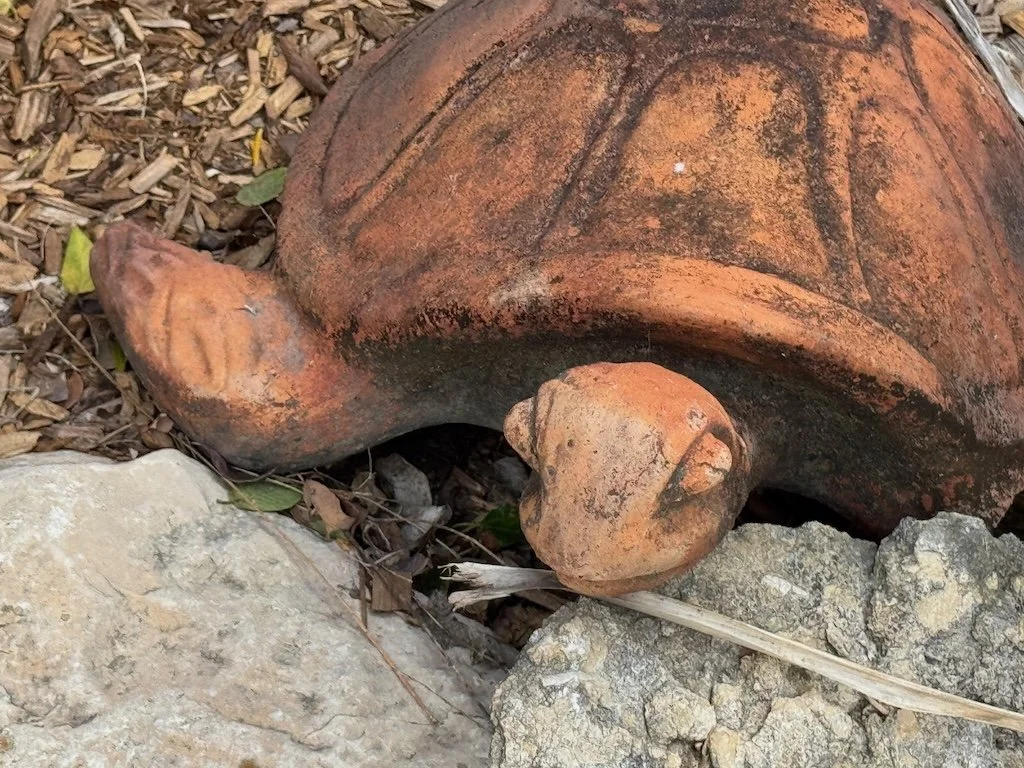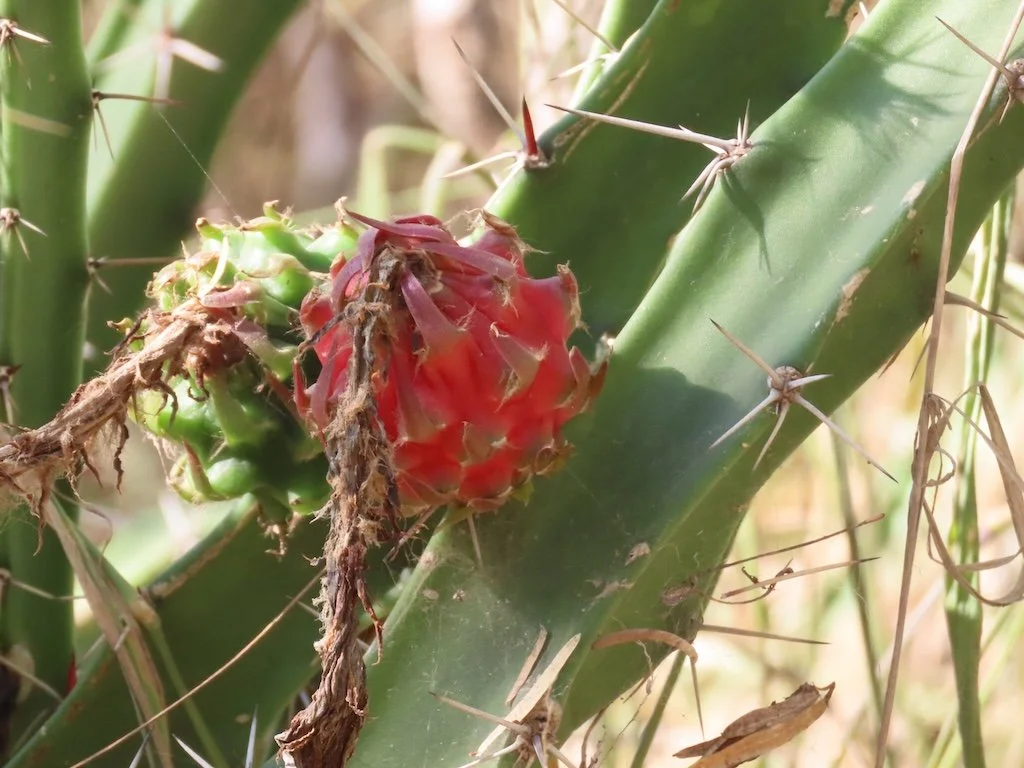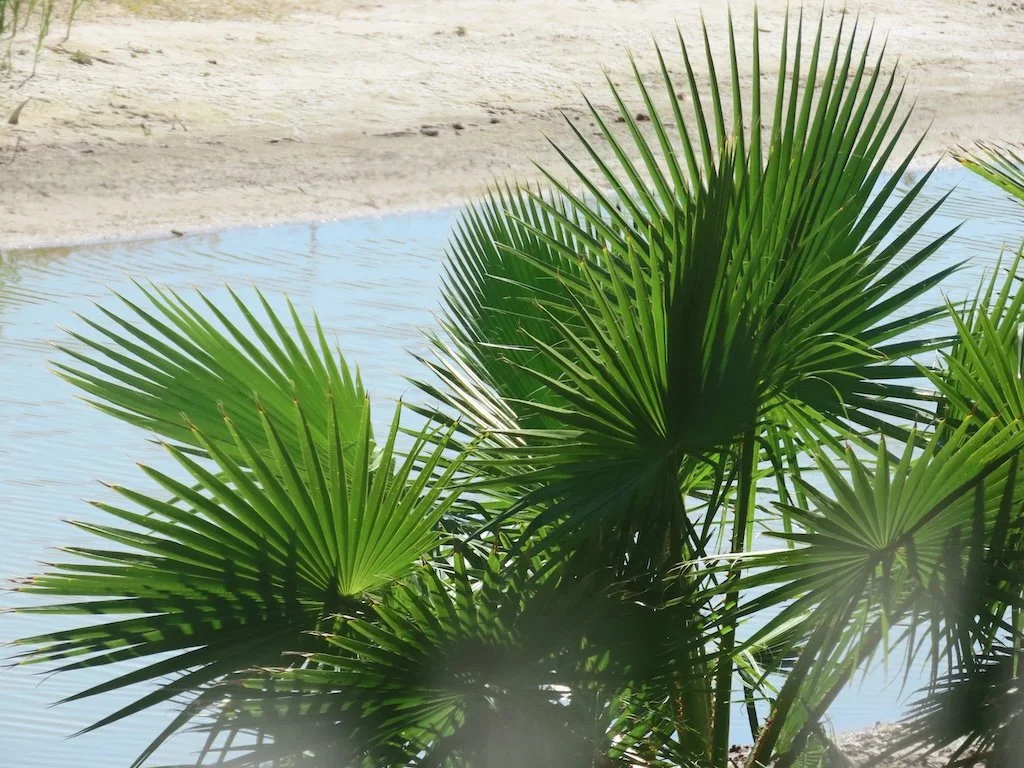Gleanings of the Week Ending February 3, 2024
/The items below were ‘the cream’ of the articles and websites I found this past week. Click on the light green text to look at the article.
5 Ways Power Sectors Worldwide Can Drive Down Emissions - The coal-to-clean transition is complex — how effective it ends up being hinges on ensuring ambitious climate action integrates priorities around energy security, affordability, reliability, and meeting growth in electricity demand.
The 'dark earth' revealing the Amazon's secrets - Amazonian dark earth(ADE), sometimes known as "black gold" or terra preta, is a layer of charcoal-black soil, which can be up to 3.8m (12.5ft) thick, and is found in patches across the Amazon basin. It is intensely fertile – rich in decaying organic matter and nutrients essential for growing crops, such as nitrogen, potassium and phosphorus. But unlike the thin, sandy soils typical of the rainforest, this layer was not deposited naturally – it was the work of ancient humans. Now businesses are attempting to capitalize on this ancient method, in a quest to help farmers to improve their soil and combat climate change at the same time.
Rusting Rivers - Researchers suspect that thawing permafrost is the cause of dozens of Alaskan streams turning orange. Along with the strange appearance of the water, they have found it tends to be higher in iron, lower in dissolved oxygen, and more acidic than nearby rivers that run clear. The dramatic shift in water quality may be felt most acutely in the villages that rely upon rivers originating in permafrost regions for fish and drinking water.
World’s Largest Green Hydrogen Plant Will Take a Poke at Russian Gas - Mitsubishi is putting up $690 million to help build the world’s biggest green hydrogen plant, to be located in the Netherlands. It will help patch up some holes in the energy independence plan of Europe, where Russian gas has been clinging to a foothold despite sanctions.
Greece Reopens the Palace Where Alexander the Great Was Crowned - The 2,300-year-old Palace of Aigai—the largest building in classical Greece—had been under renovation for 16 years. At 160,000 square feet, the Palace of Aigai was classical Greece’s largest structure. Built primarily by Alexander’s father, Phillip II, in the fourth century B.C.E., it was the home of the Argead dynasty, ancient Macedonia’s ruling family. It was destroyed by the Romans in 148 B.C.E. and endured a subsequent series of lootings.
Predictions For Heat Pump Adoption Trends In 2024 - With $8,000 rebates for space heating heat pumps, and $1750 for water heating heat pumps, the IRA is helping accelerate adoption of this technology.
Miners Discover Seven-Foot Mammoth Tusk in North Dakota - Coal miners in North Dakota have uncovered a seven-foot-long, 50-pound mammoth tusk that’s been buried for thousands of years. Paleontologists have found more than 20 additional mammoth bones so far, including parts of hips, ribs, a tooth. and a shoulder blade.
The new drugs that may bring an end to constant itching - One in five of us will experience chronic itch lasting weeks or months. Fortunately, there might be treatments that address the problem.
Global groundwater depletion is accelerating but is not inevitable - This study shows that humans can turn things around with deliberate, concentrated efforts. Fine resolution, global studies will enable scientists and officials to understand the dynamics of this hidden resource.
Syphilis microbe’s family has plagued humans for millennia - Remains of people who lived on the eastern coast of South America nearly 2,000 years ago have yielded the oldest known evidence for the family of microorganisms that cause syphilis.
























